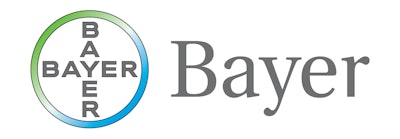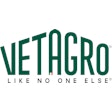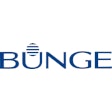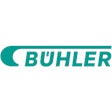
Bayer has unveiled its plan to launch ten blockbuster agricultural products over the next decade, each expected to contribute more than 500 million euros to a total of over 32 billion euros in peak sales potential. This announcement was made during the 2024 Crop Science innovation update in Chicago. Bayer aims to scale regenerative agriculture on more than 400 million acres globally by the mid-2030s, defining regenerative agriculture as a production model that improves soil health, increases resilience, and enhances productivity. This approach also aims to mitigate climate change, increase carbon sequestration, maintain biodiversity, and conserve water resources. Bayer is set to double its accessible market to more than 200 billion euros, driven by global market growth and investments in areas such as biofuels, crop fertility, and digital platforms.
Blockbuster products:
Preceon smart corn system: Transforming global corn production with improved standability in high winds and challenging weather conditions due to its shorter height.
Fourth and fifth generation lepidoptera control traits: Advanced insect control traits with a combined peak sales potential of over 1 billion euros.
Fourth-generation corn rootworm trait (CRW4): New modes of action, including RNAi technology, to manage corn rootworm with built-in protection.
Third-generation insect protection trait (IP3): Delivering multiple modes of action for soybean insect control, launching in 2028.
Fourth-generation insect protection trait (IP4): Enhancing the Intacta franchise for the Brazilian market with multiple modes of action.
Fourth-generation herbicide tolerance trait (HT4): Offering additional herbicide tolerant traits for enhanced weed management flexibility.
Fifth-generation herbicide tolerance trait (HT5): Providing a total of six herbicide tolerance options for soybeans to prevent resistance.
Direct-seeded rice (DSR) system: Reducing water use, greenhouse gas emissions, and labor dependence in rice cultivation.
Hybrid wheat: Securing sustainable wheat production through a strategic R&D partnership with RAGT.
Icafolin herbicide: The first new post-emergent herbicide mode of action for broadacre crops in 30 years, launching in 2028.
Broad-spectrum fungicide: New mode of action controlling key leaf spot fungi with potential use in cereals, oil seed rape, and seed treatment.
Plenexos insecticide: First ketoenol insecticide suitable for arable and horticulture crops, with broad application and expected launch from 2025 onwards.
Frank Terhorst, Head of Strategy and Sustainability at Bayer’s Crop Science Division, emphasized the need for innovation to ensure food security and combat climate change. Bob Reiter, Head of R&D, highlighted the importance of integrated agricultural systems combining seeds, traits, crop protection, and digital solutions. Bayer’s R&D pipeline focuses on three pillars: annual portfolio refreshes, new product developments with blockbuster potential, and strategic collaborations. Bayer plans to introduce 400 to 500 new seed hybrids and 90 to 100 new crop protection formulations annually. The Preceon Smart Corn System and next-generation insect control traits are among the innovative solutions Bayer is developing to enhance productivity and sustainability. Bayer’s soybean systems in Latin America and North America are designed to reduce insecticide application and support no-till farming. The company is also developing new insect protection and herbicide tolerance traits, aiming for significant sales potential.
















